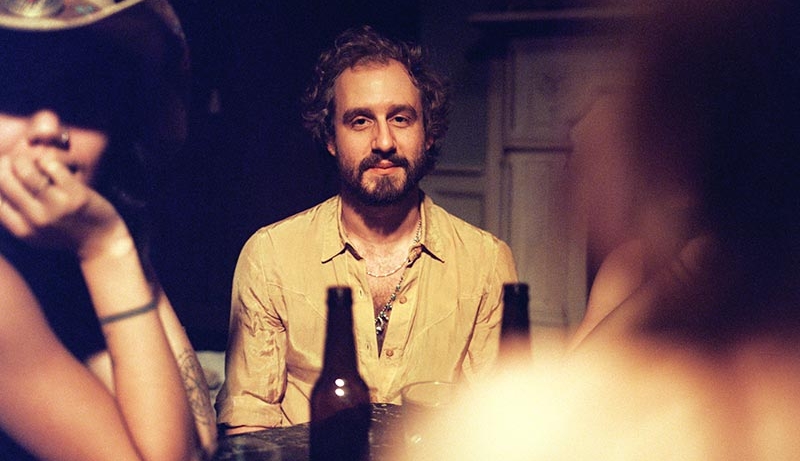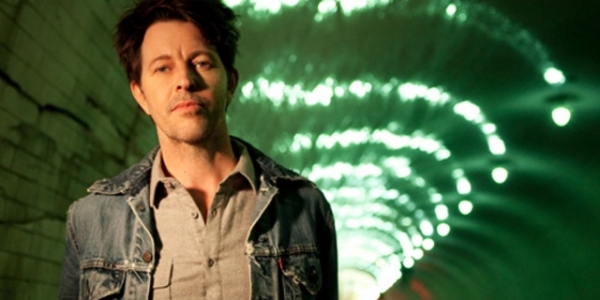The Alabama-native is talking to Beat from his studio in Brooklyn. It’s a little room (“you know how New York is”) and he’s surrounded by some working but mostly busted gear. Busted, he says, from touring like an absolute madman. It’s certainly no understatement because he’s been on the road with very few breaks for nearly a decade. “I’d like to move around more actually,” he reflects. “I’m lucky that I’ve been on the road so much the past eight years, so you do a lot of travelling, but I would like the opportunity to live in other places.”
Where would he move to? “I dunno yet, maybe Australia,” he says with an audible grin, suggesting when he arrives on our shores in December he’d want to spend a fair bit of time here.
As mentioned, Muchacho is his sixth studio album. There’s definitely a noticeable shift in sound from his previous records; from easier country drifts that could be attributed to his growing up in a small Alabama town with the population of 600, to something a lot more sonically varied.
“I’ve learned a lot about the possibilities of what you can do technically with records and recording,” he says, “Whereas I think early on, it was simply just, ‘hit record’.”
As his lyrical catalogue is so personal, he says he’s always been a reasonably solitary songwriter. He’s even said in the past there are songs on the record so personal he’s “mortified [he’s] even singing them.”
“I’m very protective of the initial songs,” he says. “I’m not really comfortable sharing them right away. I’ve never been able to share an unfinished song to work on it with somebody else. What I try to do is hopefully take that kernel and make something that isn’t just about what I was initially thinking about, and turn it into something broader. That’s the whole reason this thing is called Phosphorescent.”
The technicalities of his name are probably worth explaining here, and the definition makes you realise how deep this guy really is. Phosphorescence is a type of photoluminescence, but unlike others it doesn’t immediately re-emit the light it absorbs; rather it emits light slowly over time and at a lower intensity – glow-in-the-dark toys and clock dials are a good example of it – so his moniker is in itself a personal reflection.
Track two on Muchacho and the first single off the album is certainly one of the darker tracks. Drawing on combined prompts from Bette Midler and Johnny Cash, Song for Zula immediately comes to mind as also one of the more intimately personal tracks on the record, with the lyrics: “See, honey, I saw love / You see, it came to me / It put its face up to my face so I could see / Yeah then I saw love disfigure me / Into something I am not recognising.” The identity of Zula, however, is something he’s deliberately keeping close to his chest, not only due to privacy reasons but also to ensure the lyrics stay open to interpretation.
“That’s been a really heart-warming surprise to see that song do what it’s done,” he says. “If I were to be too specific about who Zula is, it kind of closes a lot of doors about what that song has become.”
BY SOPH GOULOPOULOS







